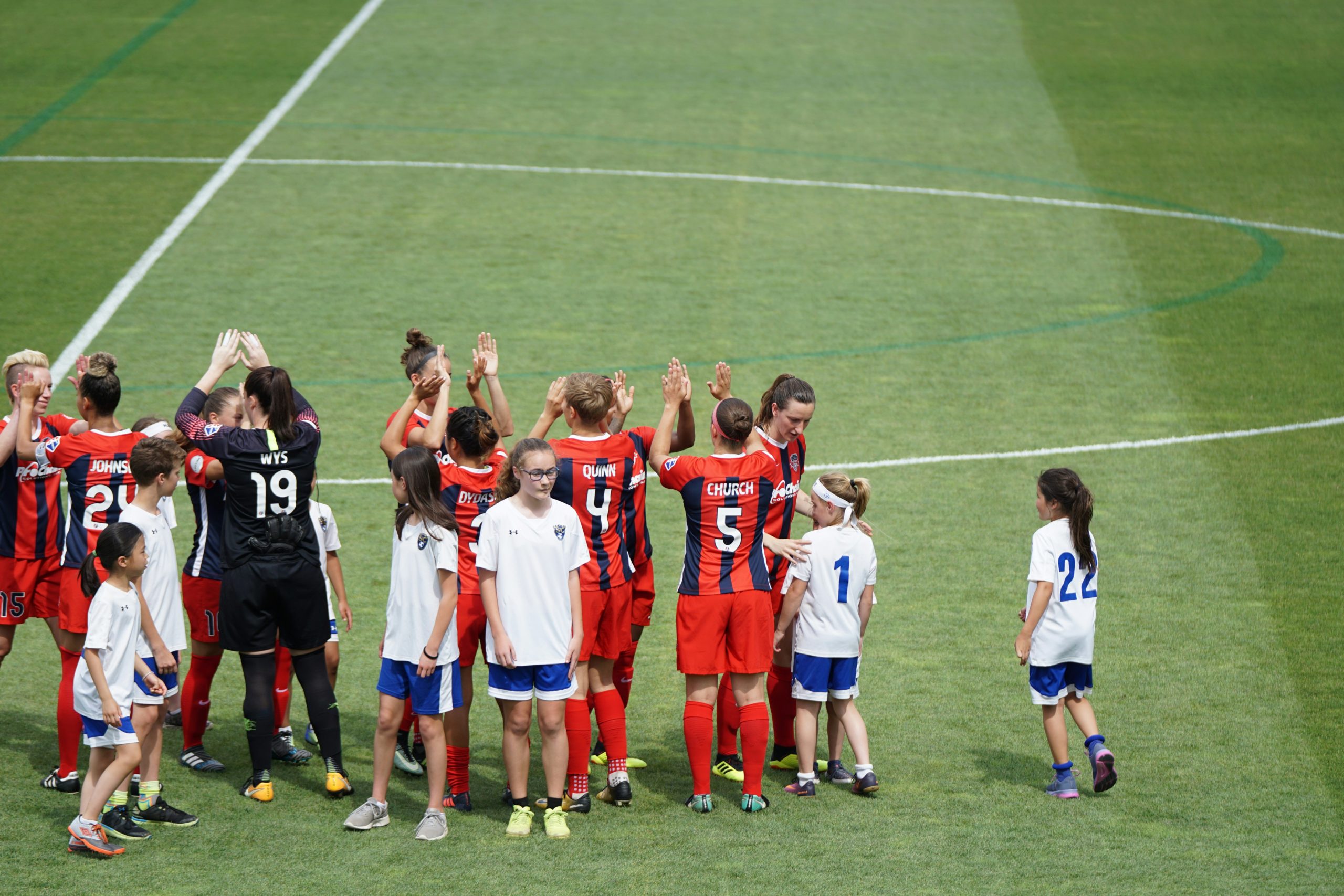SportBoard holistic approach revolves around two pillars that sustain the logic of the project. The first pillar is the monitoring of ethical / non-ethical behaviours in the field of sport, and the second one is its management and the elaboration of recommendations for providing good governance. Schematically it’s presented in the picture below.
As stated by the Council of Europe in the Guidelines on sport integrity, “only recently has there been a trend to widen the scope of sport integrity to include the good governance of sports organisations” despite good governance being a “pivotal issue without which no other integrity issue will be properly solved”.
SportBoard contributes to the priority on promoting integrity and values in sport in different ways:
- One the one hand, the project helps to promote the positive values of sport through the monitoring and management of ethical / non-ethical athletes’ behaviours.
- On the other hand, it focuses on improving good governance by providing sport governing bodies with recommendations as well as genuine and accurate data on ethics in sport, so that they can tailor their policies to the real needs of sport organisations in the field.
SportBoard initiative is in line with Guiding objectives of EU Work Plan for sports “Strengthening an integrity- and values-based sport in the EU” and “Support a sustainable and evidence-based sports policy” taking into account that:
- SportBoard is aimed at providing holistic approach towards good governance in sports thus contributing to integrity of sport organizations,
- SportBoard holistic approach will be based on evidence-based data of athletes’ ethical behaviours, described through a set of indicators.



It’s worth to underline that promoting ethical behaviour in sport and providing good governance is even more important now than it used to be due to the fact that “COVID-19 has and will further increase inequalities, discrimination and marginalization”, as stated by the United Nations in its advocacy brief Recovering Better: Sport for Development and Peace Reopening, Recovery and Resilience Post-COVID-19[1]. In order to limit COVID-19 impact, the UN recommend building this response in sport field on 4 key focus areas where the pandemics, sports and the Sustainable Development Goals (SDG) intersect: (1) promoting human rights and combatting discrimination; (2) ensuring equal access to sport and physical activity; (3) safeguarding participants; and (4) ensuring integrity in sport. The SportBoard is in line with the 1st, the 2nd and the 4th areas by:
- providing an instrument to identify andmonitor ethical / non-ethical behaviours in at least 6 mentioned above categories (1st focus area);
- targeting child and young athletes, a vulnerable public, particularly at risk when it comes to violence and abuse (2nd focus area);
- developing a holistic approach towards good governance in sport and thus contributing to sport integrity (4th focus area).
SportBoard also contributes to the UN Action plan on Sport (2018) and more specifically to its 4th principle about Research, Monitoring and Evaluation as the project aims to “ensure access to sport-related data” and strengthen the “statistical capacity and monitoring systems” of sport governing bodies through the “establishment of indicator protocols” of non-ethical behaviours. Thus, the holistic approach towards good governance in sport based on monitoring, evaluation and managing of ethic behaviour of athletes that is proposed by the SportBoard project has high relevance nowadays.
Together with Promoting integrity and values in sport the SportBoard initiative contributes to two more Horizontal Priorities in the field of sport:
- Addressing digital transformation through development of digital readiness, resilience and capacity due to the fact that that the project proposes innovative digital tools for monitoring and management of athletes´s ethical behavior: SportBoard digital Platform that includes Web App and online Observatory;
- Promoting education in and through sport taking into account that the project offers short-term online course for sport coaches and physical education (PE) teachers on how to observe, register, monitor and manage child athletes’ ethical / non-ethical behaviours.
[1] https://www.un.org/development/desa/dspd/wp-content/uploads/sites/22/2020/12/Final-SDP-recovering-better.pdf
